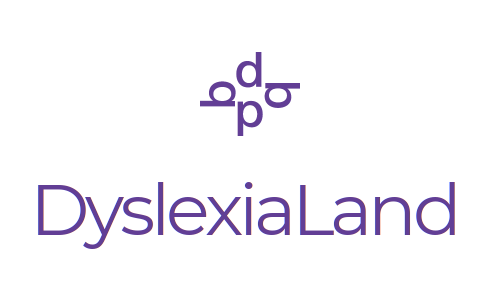Dyslexia: It’s not about the moms
By Cheri Rae

Dyslexia: It’s about our children, and not about the moms.
A few months ago, the local school superintendent gave a speech at a fund-raiser to persuade local philanthropists to donate to an unproven pilot program for dyslexia that he created—even though he admitted he knew nothing about dyslexia. He referred to three mothers over the past two decades who had worked tirelessly to get a proper education for their dyslexic children. I was one of them.
“Dyslexia,” he said, “is all about the mothers.”
Those words clunked in my mind the moment I heard them, and still do. I finally can explain why they bother me so much. To too many in the education establishment, dyslexia seems like an issue with mothers—especially those who transform from nice, helpful parents into persistent, determined advocates, increasingly frustrated as they demand a proper education for their struggling children.
And it’s the children who need the help; when it doesn’t seem to be forthcoming in a timely manner, there’s no holding back that protective mother bear instinct.
Guaranteed, no mother wants to spend the greater part of her days learning all about dyslexia; understanding the school district’s policies and procedures and how they’re addressed in the classroom, researching the special education system and how it fits into the legal system; and most of all, learning how to advocate and hold educators accountable for actually educating a child who learns differently.
But not that differently, since dyslexic students make up 20 percent of the school. In parent terms, that seems like a lot; but in educator terms, maybe that’s not so many—especially when they’re spread out in classrooms throughout the campus. Four or five kids in a class, every year, who “don’t get it” just get passed along. Maybe it seems like business as usual. Forever.
I’ve seen the eye-rolls, heard the nasty comments, read the testy e-mails, felt the daggers sent in my direction when I sit down at an IEP, whether for my own child or as an advocate for another child—some of whom I don’t even know. Their parents can’t speak for them, and someone must. There are sometimes a dozen educators assembled, all seemingly aligned with the express purpose of limiting access to effective approaches that would improve the child’s academic skills and emotional comfort. It is too often not the positive teamwork atmosphere the district’s public relations staffers describe to the media.
I so appreciate educators who want to make a difference, those who spend the extra time to learn about what we mothers are talking about when we go on about dyslexia. And I understand that many of them are caught up in district policies that keep them from implementing best educational practices. I know this because they have told me. Sometimes whispered in a classroom, sometimes over coffee at the local café. We have to be on the same team.
Still, too many highly paid, highly influential administrators still think that if the outspoken mothers would just get off this dyslexia thing, then everyone’s life would be so much better, and they wouldn’t be forced to deal with it. For the record: Dyslexia advocacy is not a hobby, or a way to feel special or get attention. It’s about saving the lives of our precious children.
No, it’s not about the mothers. It’s about what’s right. What we’re doing to our children. Yours, mine and ours. And how much time gets wasted, how much lasting damage is done to a young psyche in the arduous process of educating a dyslexic child. In our information age, mothers will continue to become informed and advocate for their children until the system, at long last, changes for our 1 in 5.


